Researching Biology and Evolution in the Gulf States
Many people associate the medieval Arabic lands with a flourishing of science. However, when people think of the contemporary Arab world, they are more likely to think of political and religious conflicts than of scientific discoveries. In contrast to these common associations, however, the oil-rich Gulf monarchies in particular have made enormous investments in research and higher education in recent years and decades. These investments raise an array of pertinent questions: Is the Arab world about to regain its past position as a leading producer of science in the world? Do politics and religion in the region support or resist the proliferation of science? Are the Gulf's universities and research centers new 'houses of wisdom' like the libraries of the medieval Arab world? Or are they houses built on sand? As science is crucial to the creation of knowledge societies, answering these questions is important for understanding the future of the Arab world. Answering these questions requires an in-depth anal...
{{comment.content}}

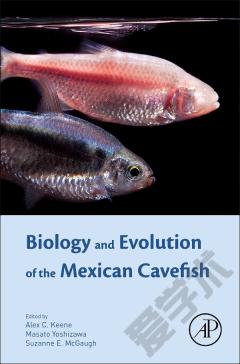
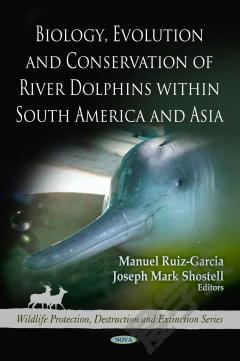
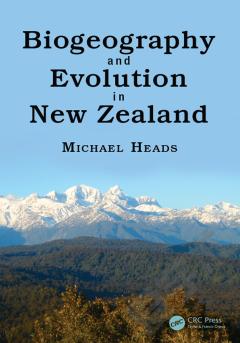
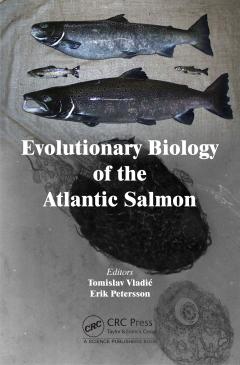

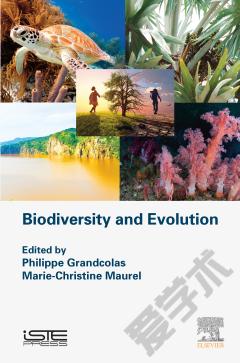

 京公网安备 11010802027623号
京公网安备 11010802027623号